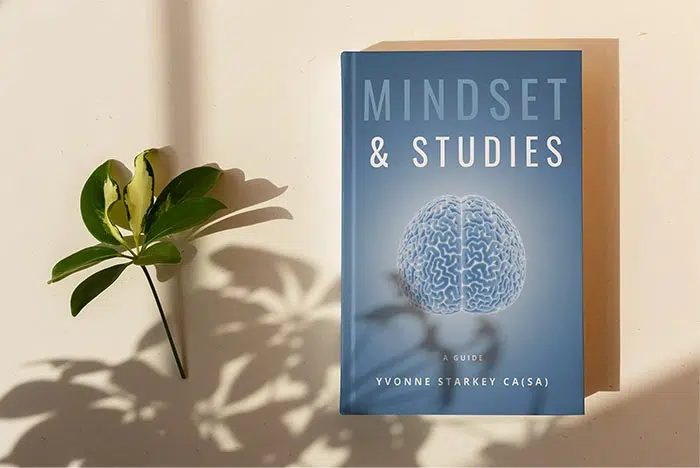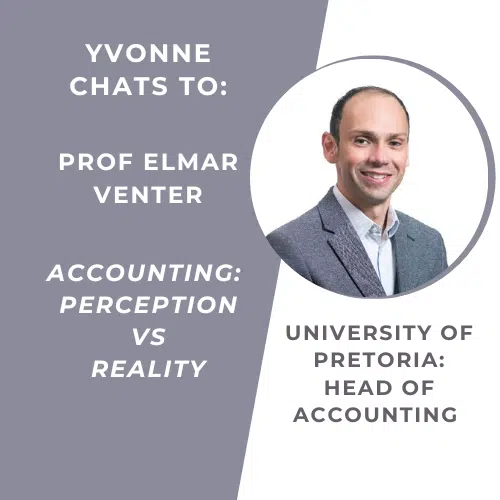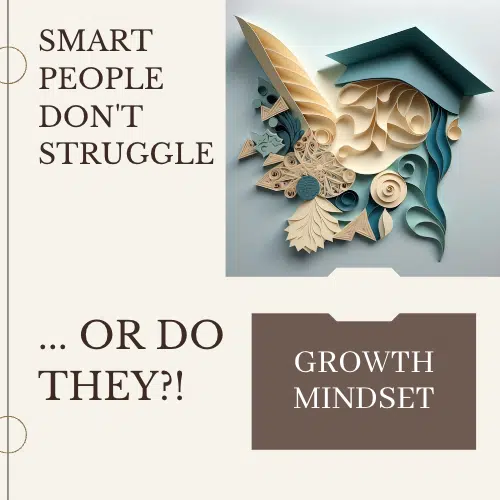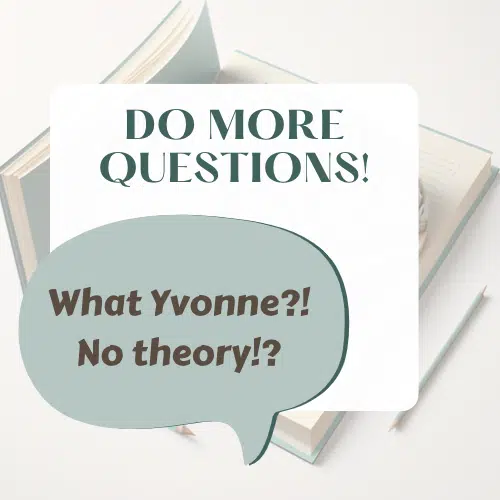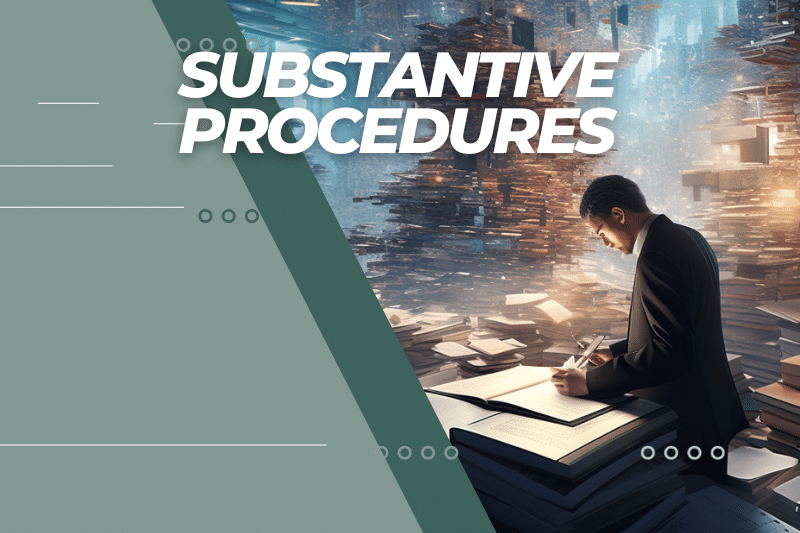TIps for you to get mentor-help, without a mentor
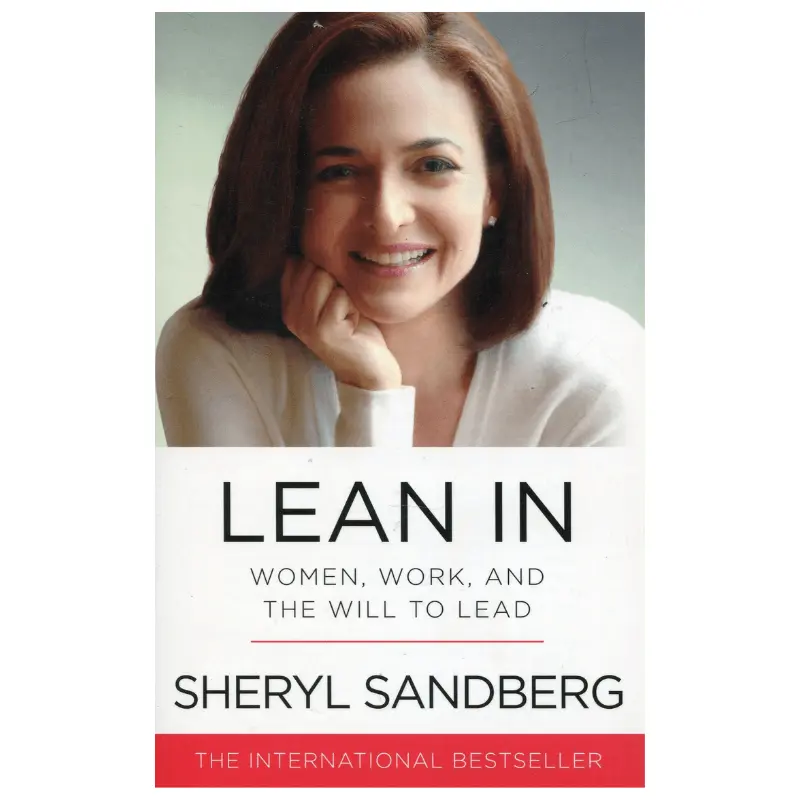
Sheryl Sandberg – ‘Lean In’
“I realized that searching for a mentor has become the professional equivalent of waiting for Prince Charming. We all grew up on the fairy tale “Sleeping Beauty,” which instructs young women that if they just wait for their prince to arrive, they will be kissed and whisked away on a white horse to live happily ever after.”
Sheryl Sandberg’s quote ‘Don’t look for mentors’, isn’t questioning the value of a mentor. It’s about the reality that mentors are hard to find.
There are JUST NOT ENOUGH mentors to go around. Not everyone has access to a network, role models or people who can help them. This means we need to have an alternative solution.
The ‘push’ and the PR around how valuable mentors are means that without realising it, a lot of people are waiting for something ‘magical’ to pop up and solve their problems. “I don’t have a mentor, so I won’t be able to reach my dreams”(Hence the ‘Prince Charming’ reference in Sheryl’s quote)
So, how can we get the type of help we’d get from a mentor, without actually having one?
Tip #1 – build a database of mini-mentors
Asking one person to give you loads of time and insights is probably going to get a firm ‘NO’!
Asking a whole bunch of people for a little bit of time and insight will probably get a “Yes”.
Saying to someone “You’re a CEO, can you mentor me so that I can also be a CEO?” is vague, and a LOT of responsibility to put on their shoulders. Who has the time for that?
Even if you’re fortunate enough to have a mentor, there will be skills that they don’t have. You’re going to need a lot of varied insights, skills and knowledge in your career, so it makes sense to get it from more than one place.
Ask different people for things. (Follow Tip #3 in this process!)
Be prepared for people to say no. Not everyone has the time, or capacity to help others.
If you ask for a small amount of someone’s time, they’re more likely to agree. If you have a whole bunch of people, you have a whole bunch of information.
tip #2 – don’t ask for help to make a decision
That’s a HUGE burden to place on someone else’s shoulder!
I don’t want to make decisions for others. I barely want to make my own decisions!
Most people who contact me are looking for answers to really important questions. “What should I study?”, “Where should I study?”, “What qualification is the best for me?”. “What job should I take?”, “What should I do after I qualify?”
This is a big burden to place on my shoulders. They’re hoping that I can make their choices easier by telling them what they should do, so that they don’t have the burden of making a potentially bad decision for themselves. If someone ‘smarter’ than them is advising them, then it’s less likely to be the ‘wrong’ choice.
There is a lot of logic to this, but, you need to separate ‘information’ from ‘decision’. I can give you some information, but I can’t decide what’s best for you. Not even as a mentor.
If you’re looking for someone to make a decision for you, then you don’t need a mentor, you need a mom. Make sure you start your search with the clear idea that the scary choice is yours, and that you need insight and information.
People are less likely to ‘advise’, because if it goes wrong, they don’t want to be responsible!
tip #3 – make it quick
You’re more likely to get an answer from someone if you ask them a ‘bite-sized’ question. Something specific for what you need right now.
Be prepared to work for your knowledge. Find ways to make it easier to answer you.
When people ask me open-ended questions, I’m far less likely to help. It’s pretty disrespectful to send an email to someone with a one-line question, that requires a 5-page essay as a response. “What’s the best qualification to study?” or “What are the benefits of being a CA?” or “How can I get better marks?”
These are really quick to ask, but think of all the information that needs to go into the response! Asking long-winded questions of people when you don’t know them, and aren’t paying for their time… is RUDE!
Before you reach out, break down what you’re looking for, and frame one question. (But, for heaven’s sake, NOT a question like “Do you think I can be a Chartered Accountant?”). Try frame the question so that it will take 5 minutes to answer.
Find ways to make it easier to answer. “Can you recommend a book / article?” is a great question, because it reduces the need to give a LONG explanation, and indicates that you’re prepared to put effort in.
tip #4 – mentorships are relationships
Based on Tip#3, you can start to build an informal relationship with the person whose given you an answer. This is a two-way street. Give-and-take. A conversation, over time.
Relationships, and mentorships, takes time to build trust, an understanding of eachother, challenges, needs, strengths and weaknesses. It also takes regular interaction. You’re unlikely to get anyone to commit to spending loads of hours with you for the next ten years, so don’t look for ‘commitments’.
Once you’ve started an interaction (asked a question etc), follow that up to start creating more of a regular ‘discussion’. (Not daily, or even weekly! Perhaps twice a month)
This does not mean sending random “Hi, how are you today?” messages. These annoy me. I don’t have time for a ‘chat’, and you’re not my friend, nor a paying customer. Tell me the point of your message.
If the person has posted an article, update, or has some public information, then comment on it, or message them to give them some feedback. This indicates that you’re interested in what they do, beyond JUST what they can do for you.
If every interaction that person has with you is only when you want something, you’re being a selfish sponge! You are FAR more likely to get time from someone if you send an email with “I read your article and thought it was great, thanks”. Short, sweet, and not only about you.
It starts creating an two-way, informal engagement that you can build on. You’re not asking for a ‘commitment’, so the person doesn’t feel that you want them to feel obliged to be there for you.
You can build a relationship slowly, by making it a two-way street. (This is also called networking!)
tip #5 – Are you looking for a therapist?
If you have your eye on a potential mentor, don’t make the mistake of approaching them as though you want them to ‘fix’ you.
Professionals don’t have counselling skills, and if you’re not paying them for their time, why do they want to listen to your dramas? Keep your life story and your dramas to yourself.
When people ask me for help, it’s generally about helping them ‘feel better’ about their situation, challenges and choices. They want me to listen to them, advise, sympathise, and then tell them it will all be ok.
This is human nature. We need reassurance and validation. But, that’s not what a mentor is for.
Try keep your emotions out of the picture. Especially right upfront.
Make sure you’re aware of what you’re looking for. (Follow Tip #3). When you think of your questions, keep asking yourself “Am I making this about me? Or the information?”
If you build a relationship with them (Tip #4), you’ll naturally start sharing more. That’s great. Don’t push that type of emotional burden on a stranger.
For my Study Coaching students, I’m a counsellor for their study habits, but then they’re paying me for it! It’s part of a service I offer. Keep that in mind.
If you’re wanting someone to make you ‘feel better’, you’re not looking for a mentor.
conclusion
We all need help and support with our lives and careers. Thankfully, there many ways to get it.
Just as you want time and help from others, make sure you give time and help to those around you.

